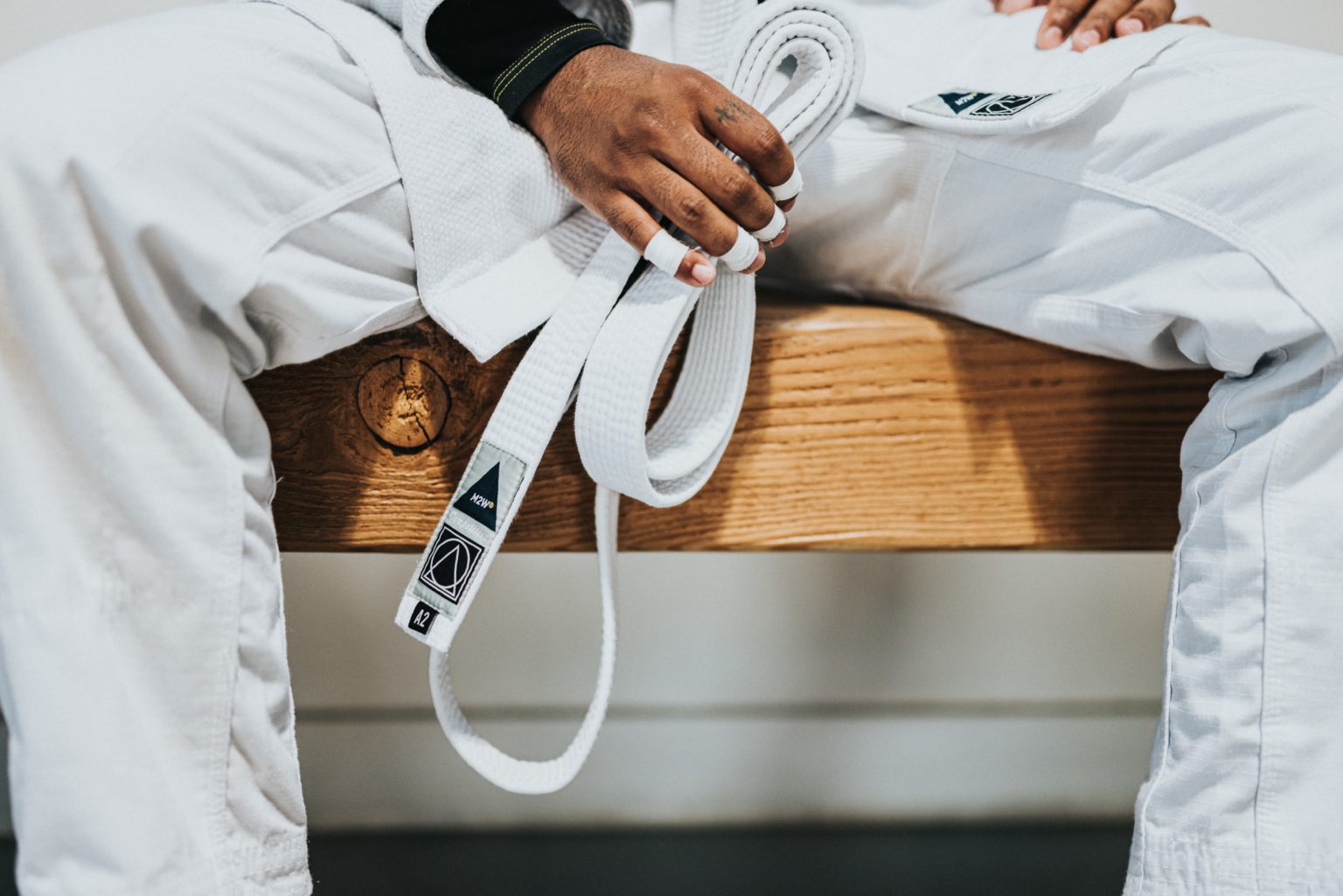Happy Monday,
There’s no getting around it: plateaus suck.
I know, because I’ve been in one for the past couple of months in my jiu-jitsu training — and I can’t wait to get out of it. I’ll be honest, there have been plenty of moments during that time where the voice in my head tells me that I’ll never get better, — and I might as well just give up (I refuse to listen to it!).
When he was alive, George Leonard, one of my favorite authors (he authored Mastery among many other books about human potential), wrote a lot about plateaus, noting that for most people, “plateaus are a form of purgatory.”
But here’s the thing: we need plateaus.
While they’re undoubtedly frustrating, plateaus have a purpose.: They give us a chance to practice what we’ve learned. It takes time and repetition to learn something new and cement it into our long-term memory. The bigger the challenge, the more time we’ll likely need to internalize our new knowledge.
So next time you hit a plateau, don’t freak out — recognize that it’s just part of the process.
(Still, plateaus shouldn’t last forever. If you’ve been stuck in one for a while, here are some ways to get out of it.)
